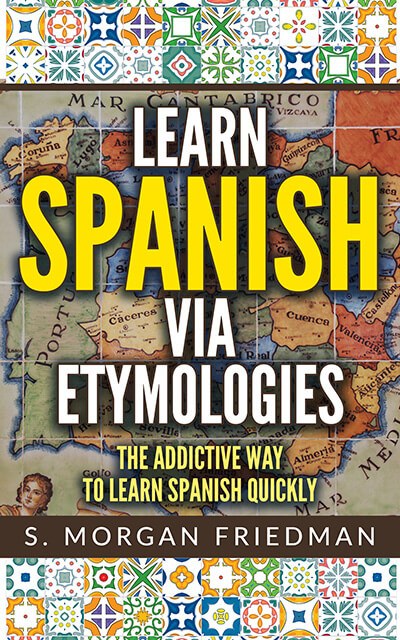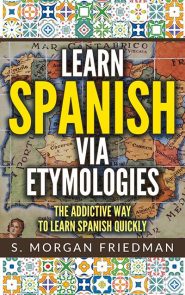Pluma, Spanish for “feather”, sounds nothing like the English feather.
But it is a cousin to the English fleece.
Both come from the same Indo-European root *pleus-, which meant “feather” or to “pluck.”
But they sound so different! That is because the Indo-European p- sound stayed the same in Latin and then Spanish but changed into a f- in the Germanic branch (including English).
Thus the p-l of pluma maps to the f-l of fleece.

